
1) In conceiving a child, timing is everything. The only intercourse that "counts" has to occur when both partners are fertile. Most women who have a 28-day menstrual cycle are most likely to conceive when intercourse occurs between day 11 (just before ovulation) and day 16 (just after ovulation). Men ejaculate a higher number of sperm if they abstain from ejaculation for at least two or three days before intercourse timed for their female partner's maximum fertility.
2) Fertility does not usually return immediately after stopping use of the Pill. Women may not be able to conceive for as long as three months.
3) Alcohol interferes with conception. Couples who drink may have intercourse too often outside the female partner's fertility window, effectively lowering the male partner's sperm count, and even if the egg is fertilized, drinking may interfere with the ability of the uterus to receive it. Also, since women will not know they are pregnant before they miss their period, continued drinking may damage the embryo during the first 12 to 17 days after conception.
4) Sexual position makes a difference. When the couple has intercourse in the missionary position (man on top), the sperm is ejaculated nearer the ovaries, and has a shorter distance to "swim" to reach the egg.
5) Couples who want to conceive a child need to emphasize "after-play" over foreplay. Foreplay raises the front wall of the uterus so the sperm has to travel farther to reach the egg.
6) Women who are infertile because of PCOS (polycystic ovarian syndrome) are sometimes able to conceive after dieting. Losing as little as two to five pounds (one or two kilos) of body weight by low-calorie dieting changes hormonal balance enough to enable conception within six months in about half of women who try it.
7) Men with low sperm counts sometimes benefit by taking L-carnitine, zinc, and folic acid supplements, even if they are not otherwise deficient in these nutrients. Nutritional supplementation is not a cure-all, but it is inexpensive and sometimes extremely helpful.
8) When men are unable to become fathers due to chemotherapy, in some cases the Japanese herbal remedy hochu-ekki-to can help. This formula is available through naturopaths and practitioners of Traditional Chinese Medicine.
9) The Chinese herb dong quai, usually combined with other herbs, can help reduce testosterone levels in PCOS and reduce estrogen levels in endometriosis. The best forms of the herb are the herbal formulas available through health professionals.
10) The herb vitex lowers testosterone levels. This sometimes helps women conceive, but almost never helps men conceive. Men should never use vitex.



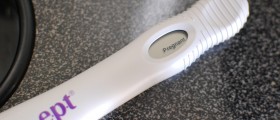

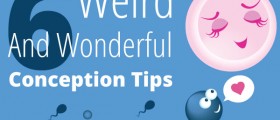







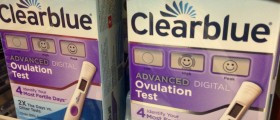
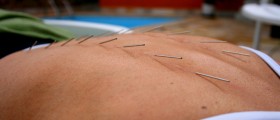

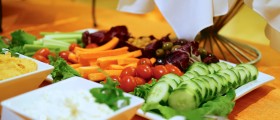
Your thoughts on this
Loading...